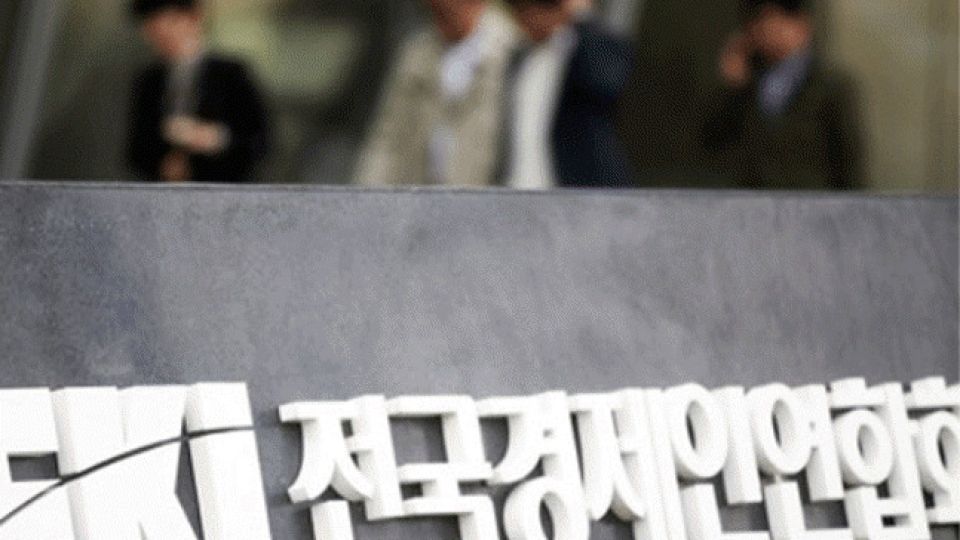December 7, 2022
SEOUL – Nearly half of the nation’s top 500 companies by sales have yet to come up with investment plans for next year, amid recession fears on more rate hikes and a strong US dollar, a survey showed Monday.
The Federation of Korean Industries business lobby conducted the survey from Nov. 17-25.
According to the survey, 10 percent of responding companies said they have no investment plans next year, while another 38 percent said they have yet to come up with concrete plans.
Fifty-two percent said they have completed investment plans for next year.
Over 1 in 4 companies, or 28.6 percent, cited the financial market crunch and related funding difficulties as key factors that have delayed their spending plans.
Local businesses are struggling to absorb the impact from a series of rate hikes. As of end-November, the interest rate of commercial papers was 5.51 percent, the highest figure since the 2008-09 global financial crisis when the rate hit 5.56 percent.
Other factors cited in the survey include the Korean currency’s weakness against the greenback and the sluggish domestic market.
The Korean currency against the US dollar made a recovery just last week, coming back below 1,300 won for the first time since mid-August. Before the modest recovery, the won had been losing against the dollar for months.
Among the firms that have come up with an investment plan for the coming year, 67.3 percent said the size of the investment will be similar to that of this year.
Another 19.2 percent said the size of investment will be reduced, while only 13.5 percent are planning to increase spending next year.
Companies said their new spending will be focused on securing future growth drivers and strengthening global competitiveness.
“With the market liquidity decreased due to interest rate hikes, if a recession comes in full swing, the profitability of companies will worsen and firms will have trouble with investment financing,” said Choo Kwang-ho, the FKI’s economic research division head.
“There is a need to devise stability plans for the financial market to prevent a capital market crunch, while slowing down on the interest rate hikes,” Choo added.


